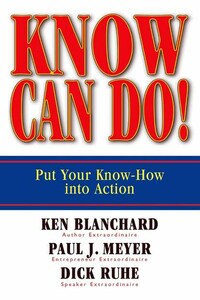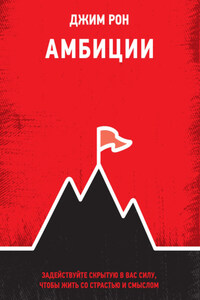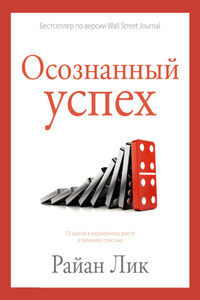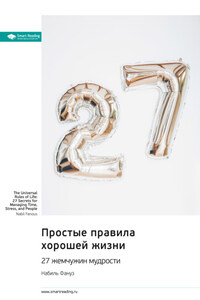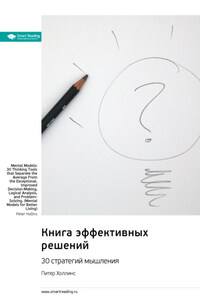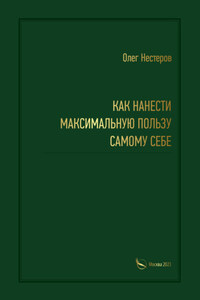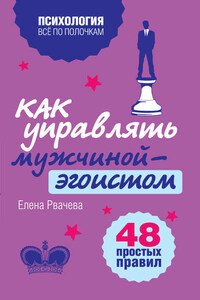When I think about the writing of Know Can Do, it’s been a long time coming and has quite a history. Years ago, a dear friend of mine asked me what my biggest disappointment was with my career. That thoughtful question motivated some real self-reflection.
That’s when I realized that what bothered me the most was that my work did not have universal, lasting impact. While my books were widely read, many people did not follow through on the concepts and use them consistently in their day-to-day work. My concern was that some managers seemed to be content merely to talk about leadership practices, rather than actually implementing them.
My friend said, “Maybe you’re looking in the wrong place. You’re trying to change people’s behavior only from the outside.” He went on to say that he used to do the same until he realized that lasting change in people’s behavior starts on the inside and moves out.
I knew right away he was right, because all I had been focusing on were leadership methods and behavior. I hadn’t focused much on what was in people’s heads or hearts.
Armed with this new insight, I realized that I needed some way to close the knowing-doing gap – a way that focused on the inside as well as the outside.
Enter Paul J. Meyer.
Paul has been a trailblazer in the behavior change business for almost fifty years. His Success Motivation Institute, Inc., founded in 1960, is dedicated to “motivating people to their full potential.” When I explained my dilemma to Paul, he was excited about trying to solve it. Give Paul Meyer a challenge, and you have a focused person beyond your belief.
After thinking about it, Paul prepared a keynote speech for a big international company on whose board he serves. The speech was entitled “The Missing Link” – what is needed to put the know-how you gain from reading books, listening to audios, watching videos, or attending seminars into action. That was the beginning of Know Can Do.
Working with Paul on this project was a real joy. He is an entrepreneur extraordinaire who has founded more than forty companies with worldwide sales that exceed $2 billion. With more than forty books in print, in some circles I am considered an author extraordinaire. What we needed to complete our team was a spokesperson who was willing to travel near and far to spread the word.
The person who came immediately to my mind was Dick Ruhe. He has worked with our company for almost twenty years and has been our number one speaker, carrying our message around the world. Dick had done some writing of his own, but as a speaker extraordinaire, he was the perfect match to work with Paul and me on Know Can Do.
One plus one plus one has turned into far beyond three. We are excited about Know Can Do and hope it gives you and your organization the strategies you need to take the knowledge you are taught and put it into action. We know it only takes one diet to lose weight – the one you focus on. In the same way, we think Know Can Do can make a real difference by giving people simple tools to close the knowing-doing gap and make their knowledge come alive. May our dreams come true and your goals be accomplished.
– Ken Blanchard June 2007
There once was a successful author who wrote about simple truths. His books were designed to help himself and others manage and motivate people in more effective ways.
Everyone who read his books loved his stories and messages. He sold millions of copies. Yet there was one thing that troubled him.
It usually reared its head when someone told him, “I’ve read all your books and really love them.”
The author had always been taught that true learning involves a change in your behavior. In fact, he thought that learning was a journey from knowing to doing. So if the person praising his work commented about a particular favorite concept, he usually asked, “How has knowing that changed the way you behave?”
Most people had a hard time answering that question. As a result, they often changed the subject by talking about another concept or some other book they were reading.
These kinds of interactions led the author to conclude that the gap between what people know – information they have picked up from books, audios, videos, and seminars – and what they do – how much they apply and use that knowledge – was significant. He found that was particularly true today with the incredible technology that makes knowledge easily accessible to everyone. People, he concluded, tend to spend considerably more time acquiring new information than developing strategies to use their newly acquired knowledge in their daily lives.
In his seminars the author tried everything he could think of to get people to be true learners and apply and use what he was attempting to teach them. To help them focus, he urged everyone to do three things he’d learned in graduate school from a professor who had been researching how to study for years.
The first thing the professor taught him was to insist that students take notes. Unless a person is one of the 0.0001 percent of the population who has photographic ears, listening alone will not make that person learn. In fact, three hours after a seminar or class, pure listeners will remember only about 50 percent of what they just heard. Twenty-four hours later, they will have forgotten 50 percent of that. At the end of one month, they will have less than 5 percent recall of the new material they were exposed to at the seminar.
